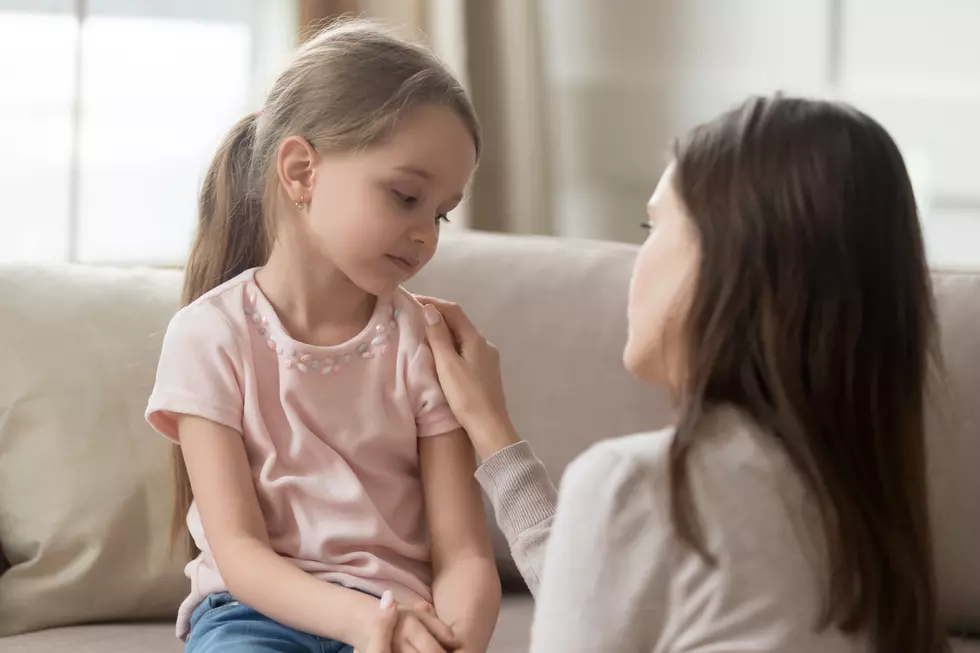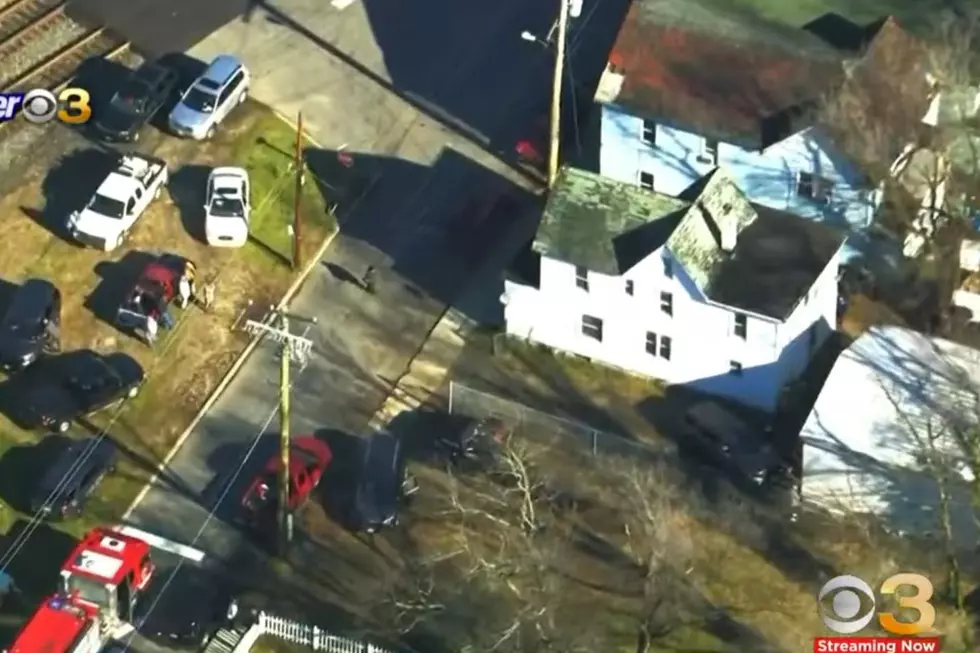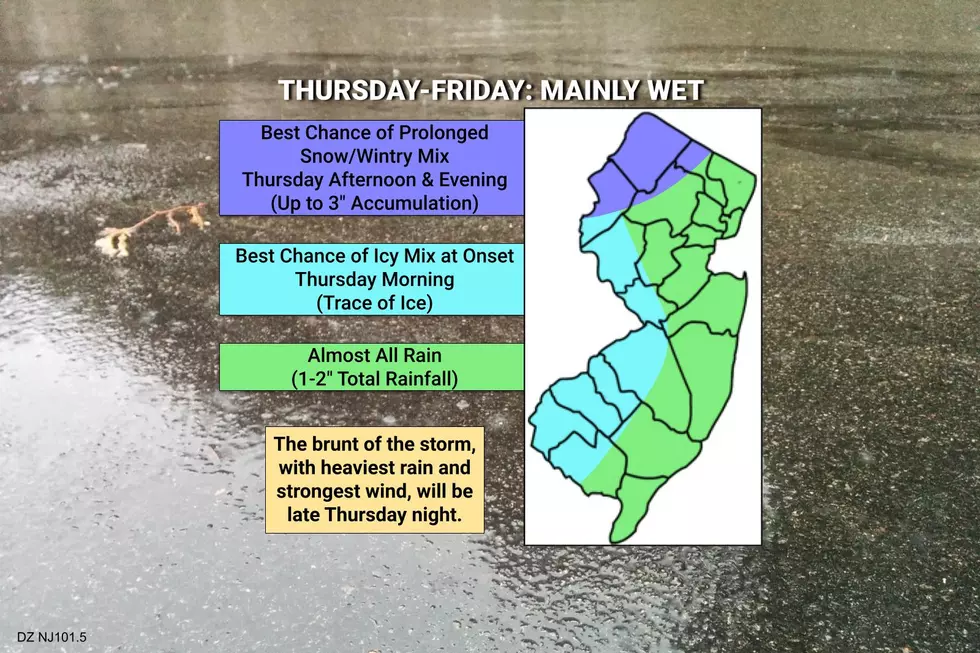
Believe it or not, the holidays can even stress out kids
For the most part, the holidays are a magical, joyful happy time for children of all ages. But it can also be a very stressful season for them.
Why can the holidays stress a child out?
That’s because there are so many environmental changes around the holidays, said Dr. Schenike Massie-Lambert, program coordinator of the Children’s Center for Resilience and Trauma Recovery at Rutgers University Behavioral Health Care.
Adults are often over-committed during the holidays and so that means that children experience unexpected changes in their schedules, she said.
Some parents and caregivers experience financial stressors. Children are always watching and listening and feeling the impact of things that happen around them, Massie-Lambert said.
When those unexpected schedule changes happen, such as kids not going to bed or getting their meals when they normally do, there can be shifts in their behavior and in their mood, which can potentially contribute to stress, she said.
The holidays can also be a reminder of the people we have lost in our lives. She said kids may be missing their loved ones during this time of year, contributing to their stress and sadness.
How can adults tell when a child is stressed?
“If you know your child could typically be a really talkative and engaged kid, and all of a sudden they are withdrawn from the family or they seem really agitated and you’re not used to seeing them present in that way, any change from whom they’re known to be would certainly warrant additional attention,” Massie-Lambert said.
What is the best way for adults to talk to kids about stress?
Talk to them in private so there is no audience or pressure to respond in a very specific way, Massie-Lambert said. Share their observations and inquire. Ask open-ended questions and allow the kids to lead the conversation.
Be sure to normalize and validate any emotions that are shared.
That allows everyone to normalize the idea that they have to work on feeling mentally well. Nobody is guaranteed to feel great every day.
“If they do share things that they clearly need to work through, we want to empower them to do some of that problem solving,” she said. That way, adults can collaborate with the children and try out some solutions.
Adults need to encourage kids to take care of themselves, extend kindness to themselves, and engage in coping strategies. She said if they can think about what works for them, then adults can offer to participate with them.
This is an opportunity to decrease stigma, to normalize the idea that everyone has to take care of themselves, and hopefully, the caregivers in the picture use that emotional language in their own coping strategies as well, she added.
How can adults support children when they are feeling stressed?
Massie-Lambert said the most important thing adults can do is model emotional expression and coping. Caregivers are a child’s first teachers and are positioned to teach and coach them through challenging times.
How an adult emotionally responds to their own stress, whether it's good or bad, models emotional expression and management to the children around them.
The adult can use emotional labels for their own experiences and offer labels to the child when they are unsure of what they are feeling, she said.
Adults should invite the child into coping activities with them, like going for a walk, listening to music, or journaling.
Also, it’s important to say “no.” Practice the power of no. Don’t overcommit yourself.
“Adults often feel overwhelmed when they’re overbooked and the same happens for children. It’s also important to maintain routines that work for the family,” Massie-Lambert said.
Many times people hold onto routines because that’s what they’ve always done. But if the routine is not working anymore, it’s time to reimagine the routine.
Encourage activities. During the winter, it can be tough to be physically active. It is easier to stay in the house and do nothing. But staying active is great for the body and the mind. It’s great for working through tough emotions.
It’s important to encourage kids to engage in activities.
“We hope that every time we get to talk to people, we raise their awareness and encourage them to either get help for themselves or those who are in their community,” she said.
Jen Ursillo is a reporter and anchor for New Jersey 101.5. You can reach her at jennifer.ursillo@townsquaremedia.com
Click here to contact an editor about feedback or a correction for this story.
Stars We Lost in 2022
More From Beach Radio










